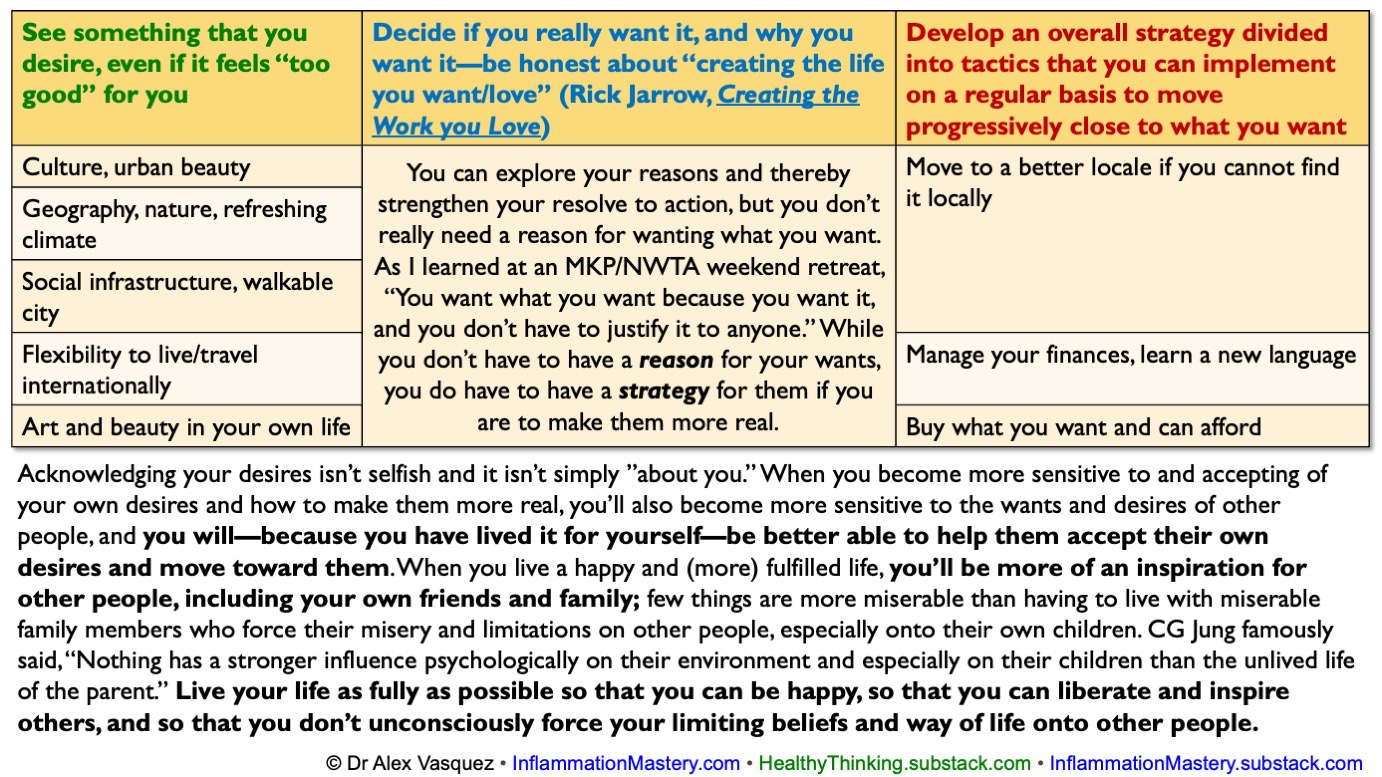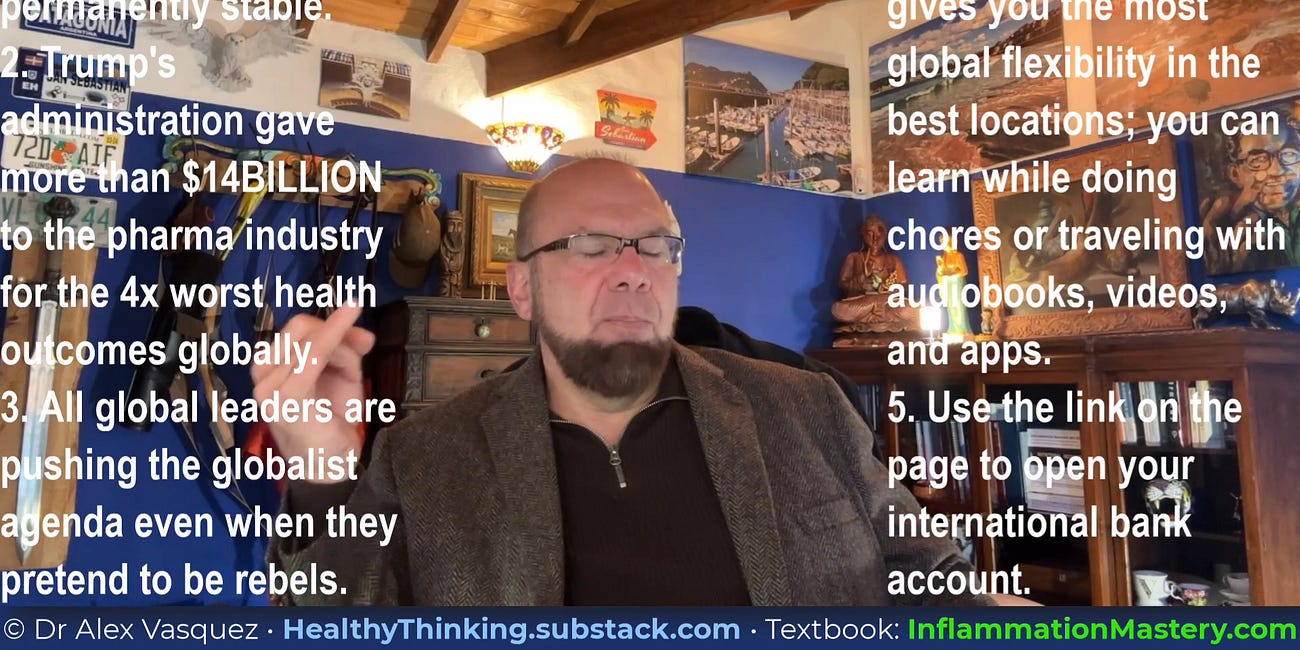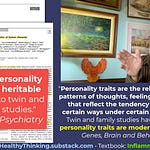Nietzsche said, “Be grateful when what seems unkind comes from a wise person.”
“Jealousy is a map. It tells us—with excruciating precision—just where and for what we yearn.” ― Julia Cameron, Write for Life: Creative Tools for Every Writer
In her classic work ARTIST’S WAY, Julia Cameron discusses the use of “jealousy maps” so that a person can 1) feel the experience of jealousy, desire for something better and something more, 2) reinterpret the experience into a strategy for self-knowledge, and then 3) strategize so that instead of misinterpreting the experience or being simply stuck with the feeling, one can use it as a source of inspiration.
I think we all benefit from having friends or even virtual/vicarious experiences of seeing things that we want and which inspire us to stretch and create a better life for ourselves. I’m sure that most people reading these words have already heard the cliché that “if you’re the smartest person in the room, then you need to find a different room” or similarly “if you’re the best/smartest person you know among your friends, then you need to find better friends.” Obviously the purpose isn’t to live a miserable or jealous life, but rather to occasionally have glimpses of things that you want, whether that’s physical, financial, geographic, or in whatever other category. I could probably even justify saying that if you’re never desirous or never envious then maybe you are emotionally flatlined—either that or you’ve got the perfect life that you already want and you can simply enjoy from here on out.
“Your jealousy map will have three columns. In the first column, name those whom you are jealous of. Next to each name write why. Be as specific and accurate as you can. In the third column, list one action you can take to move toward creative risk and out of jealousy.” ― Julia Cameron, The Artist's Way: A Spiritual Path to Higher Creativity
Examples from my own life:
I think my first experience of feeling jealous of other people‘s happiness came when I visited Seattle from my hometown of Houston Texas in 1993—I was at that time, a chiropractic student and also a representative for a seminar organization which meant that I could attend their seminars for free and so I used that as my impulse to overcome my fear of flying and go to Seattle. I clearly remember and will probably never forget walking along the Burke-Gilman Trail next to the University of Washington and remembering that I had never seen so many happy people in my life. Even though Houston Texas is a major metropolitan city within the United States, and it has some international importance, especially with the world famous Texas Medical Center, it had nothing to offer at the level of the beauty and freedom that Seattle offered to its visitors and residents. ACTION: By the end of that year, I made the decision to relocate from Houston to Portland Oregon (about three hours south of Seattle), which I knew would be a stepping stone to get me to Seattle Washington a few years later. I think around this time in my early 20s I also developed a phrase which I’ve never published until now which is “your geography becomes your biology” because I was very clear on the fact that Houston had been become famous as the fattest city in the United States because it offered absolutely zero in terms of sociability or even a good public park where people could relax and exercise and get out of the rut of sitting in traffic and sitting in an office and sitting in front of a “home entertainment center.”
Back in c1999-2000, I visited the picturesque mountainside home of my friend David (one of the great men from my MKP/NWTA men’s group), which was located outside of Seattle. He and his wife were both very creative so they had adorned their already beautiful setting and home with their own artwork which made the place into a paradise, almost surreal to me, considering that I was living in a one-bedroom apartment and trying to squeeze out a living as a young professor and newly licensed doctor. I knew that if I told David that I was jealous then he would reinterpret it for me; so I gave him the bait and he said “just enjoy and appreciate.” EVENTUALITY: Decades later I too, would have a beautiful mountain home with lake views, certainly on par with David’s paradise.
Then around 2012 or 2013, I was doing a series of lectures in Europe and my host Danny drove us from Paris to Bruges Belgium and Antwerp in his brown convertible Porsche – life is full of wonderful experiences, but driving across Europe in a convertible Porsche with a host who speaks four or five different languages is certainly memorable if not impressive. Danny was a cool dude, and even though I didn’t want his life, I was certainly mesmerized for a few hours by the experience – either that or I was buzzed from sampling dark beers in Bruges. ACTION: By the fall of 2013, I had purchased an impressively affordable flat in the heart of Barcelona.
Obviously, this is your life, and you can do whatever you want – including doing nothing. But even as the song (Free Will, by Rush) states, “if you choose not to decide, then you still have made a choice.” So whatever choice you’ve made, perhaps you can consider imagining your perfect life in your perfect world in your perfect place and then see if you can move toward that vision. Dreaming is free if not occasionally uncomfortable, but worse than that discomfort is living a miserable or limited life when you could be happier if you’re willing to dream and move toward that vision.
Acknowledging your desires isn’t selfish and it isn’t simply ”about you.” When you become more sensitive to and accepting of your own desires and how to make them more real, you’ll also become more sensitive to the wants and desires of other people, and you will—because you have lived it for yourself—be better able to help them accept their own desires and move toward them. When you live a happy and (more) fulfilled life, you’ll be more of an inspiration for other people, including your own friends and family; few things are more miserable than having to live with miserable family members who force their misery and limitations on other people, especially onto their own children. CG Jung famously said, “Nothing has a stronger influence psychologically on their environment and especially on their children than the unlived life of the parent.”
Live your life as fully as possible so that you can be happy, so that you can liberate and inspire others, and so that you don’t unconsciously force your limiting beliefs and way of life onto other people.
You can explore your reasons and thereby strengthen your resolve to action, but you don’t really need a reason for wanting what you want. As I learned at an MKP/NWTA weekend retreat, “You want what you want because you want it, and you don’t have to justify it to anyone.” While you don’t have to have a reason for your wants, you do have to have a strategy for them if you are to make them more real.
Acknowledging your desires isn’t selfish and it isn’t simply ”about you.” When you become more sensitive to and accepting of your own desires and how to make them more real, you’ll also become more sensitive to the wants and desires of other people, and you will—because you have lived it for yourself—be better able to help them accept their own desires and move toward them. When you live a happy and (more) fulfilled life, you’ll be more of an inspiration for other people, including your own friends and family; few things are more miserable than having to live with miserable family members who force their misery and limitations on other people, especially onto their own children. CG Jung famously said, “Nothing has a stronger influence psychologically on their environment and especially on their children than the unlived life of the parent.” Live your life as fully as possible so that you can be happy, so that you can liberate and inspire others, and so that you don’t unconsciously force your limiting beliefs and way of life onto other people.
See my video linked immediately below
VIDEO: By the time you’ve achieved 50 years of age (1), you should have memorized at least one poem
Inflammation Mastery 4th Edition is my major book and contains the basic sciences (eg, clinical/laboratory assessments, diet, mitochondrial dysfunction, dysbiosis, hormonal correction, xenobiotic detoxification) of my clinical protocols for migraine, fibromyalgia, hypertension, diabetes, and autoimmunity: rheumatoid arthritis, psoriasis, vasculitis, ank…
Health Homework (50) Reflect on what personality traits you may have inherited from your parents, so that you can better identify and modulate those that you do/not want to manifest in your life
Health Homework #50: Reflect on what personality traits you may have inherited from your parents, so that you can better identify and modulate those that you do/not want to manifest in your life
Health Homework (49) International Flexibility is the new Stability, so you'd better get you some Flex now
Health Homework (49) first 21minutes are free; subscribe for the complete video!

















Share this post